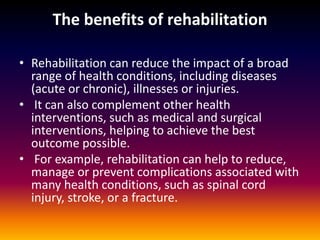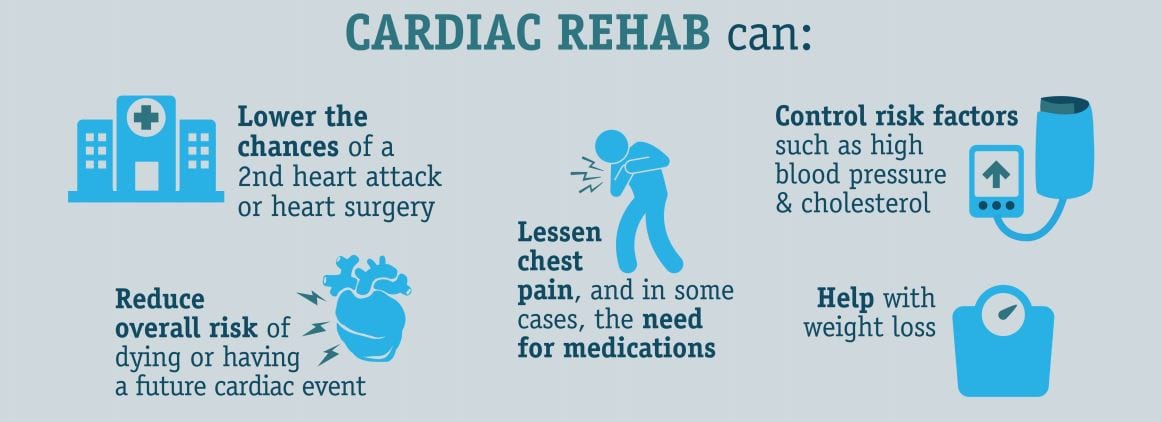Little Known Facts About Narconon Africa.
Little Known Facts About Narconon Africa.
Blog Article
Some Known Incorrect Statements About Narconon Africa
Table of ContentsGetting The Narconon Africa To WorkNarconon Africa - QuestionsOur Narconon Africa StatementsThe Of Narconon AfricaThe Ultimate Guide To Narconon AfricaThe 8-Minute Rule for Narconon AfricaAn Unbiased View of Narconon Africa
In a series of documents with Manudeep Bhuller and Katrine V. Lken, we get over these information challenges and the nonrandomness of jail time, supplying brand-new insights into how imprisonment influences recidivism, work, youngsters, and criminal networks - Addiction recovery. Figure 1 Our work research studies the results of incarceration in Norway, a setup with two essential benefitsWe can further connect this details to other member of the family, including kids and siblings. Moreover, we have information on co-offending that enables us to map out criminal networks for observed criminal offenses. Second, we can leverage the arbitrary task of criminal cases to judges who vary in their propensities to send defendants to prison.
Some courts send out offenders to prison at a high price, while others are much more forgiving. We measure a judge's stringency as the average imprisonment rate for all other cases a court handles, after managing for court and year set effects, which is the level of arbitrary task. This quasi-random task of court stringency can be made use of as an instrument for incarceration, as it highly forecasts the court's choice in the present situation, yet is uncorrelated with various other case qualities both by style and empirically.
Unknown Facts About Narconon Africa
Characteristics of prisoners, including demographics and criminal offense categories, are extensively similar in Norway and other countries, consisting of the United States, with the exemptions that the US murder price is a lot greater, and race plays a larger function there. What stands apart as various, particularly compared with the USA, is the prison system.
Number 2In Norway, the typical time invested in prison is a little over six months, which is comparable to most various other Western European nations. This contrasts with typical US jail time of almost 3 years, which is in big part the reason the USA is an outlier in its imprisonment rate compared with the rest of the globe [Figure 1]
Indicators on Narconon Africa You Need To Know
This supplies far more separation in between minor and solidified crooks than exists in the United States. There is no overcrowding in Norwegian prisons and far better individual safety and security, with each detainee being designated to their own cell and a higher inmate-to-staff proportion than in the USA (https://www.merchantcircle.com/blogs/narconon-africa-louisville-ky/2024/6/50-YEARS-Saving-Lives-from-Drugs/2740632). Prisons in Norway additionally supply well-funded education, medication therapy, psychological health, and job training programs
Our research study on the results of incarceration on the wrongdoer, using the random assignment of judges as web link an instrument, yields three key searchings for. Imprisonment dissuades better criminal actions. We locate that imprisonment lowers the probability that a person will certainly reoffend within 5 years by 27 percent factors and reduces the corresponding number of criminal charges per individual by 10 fees.
Narconon Africa - Truths
We locate large declines in reoffending probabilities and cumulative charged criminal offenses even after defendants are released from jail. Our second outcome is that prejudice because of selection on unobservable specific features, if neglected, results in the erroneous conclusion that time invested in prison is criminogenic. If we simply contrast criminal defendants sentenced versus those not sent to jail, we locate favorable organizations between incarceration and succeeding criminal offense.
This stands in comparison to our analysis based upon the random job of courts, which finds an opposite-signed outcome. Third, the reduction in crime is driven by people who were not functioning prior to imprisonment. Among these people, imprisonment increases engagement in programs guided at boosting employability and minimizing recidivism, and this eventually raises work and profits while discouraging criminal habits.

Jail time triggers a 34 portion point boost in involvement in work training programs for the formerly nonemployed, and within 5 years their employment rate boosts by 40 portion points. At the exact same time, the likelihood of reoffending within five years is reduced by 46 percentage factors, and there is a decrease of 22 in the average variety of criminal costs.
Top Guidelines Of Narconon Africa

A probable explanation for the distinction is that Norway's prison system differs considerably, both in regards to prison-term length and jail problems, from the United States jail system. While recognizing the effects of imprisonment on the culprit is an essential initial step, catching spillover impacts is also important for examining criminal justice plan and developing efficient jail systems.
Narconon Africa - Questions

Average least squares approximates expose that children of incarcerated papas are 1 percent point most likely to be billed with a criminal offense, about a mean of 13 percent, and reveal no effect on school qualities. Utilizing our court stringency instrument, we discover no analytical proof that a dad's incarceration influences a youngster's own criminal offense or college qualities, yet we are not able to rule out modest-sized impacts.
The Narconon Africa Ideas
We specify criminal groups based on network web links to prior criminal instances. When a criminal network participant is incarcerated, their peers' probability of being billed with a future criminal activity lowers by 51 portion factors over the next 4 years - https://pastebin.com/u/narcononza12.
Report this page